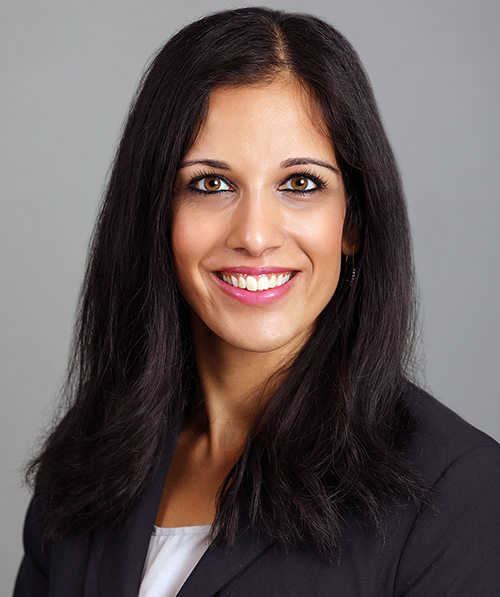The Health series is presented by AdventHealth
A Conversation with Medical Oncologist and Hematologist Simran Elder, MD

While it can seem confusing to have mammography guidelines change, it is all a product of continuing research and evolving societal trends.
It is important to keep up to date with new and evolving data to ensure you are advocating for your own health.
Many women are waiting to have children later than the generation before, and that can also change how and when to screen for breast cancer. Hormones in the body change during and after pregnancy, and breastfeeding is an additional factor to consider. Historically, some clinicians have encouraged breastfeeding moms to wait to get screened until after they’re finished breastfeeding—but depending on their age and risk factors, that’s no longer the best advice.
Simran Elder, MD, medical oncologist and hematologist with the AdventHealth Cancer Institute and medical director of the AdventHealth High-Risk Breast Clinic, shares new mammography guidelines.
We think of breast cancer as a disease primarily affecting older women. But what does the new data show?
Other than skin cancers, breast cancer is the most commonly diagnosed cancer in women in the United States. Thirty percent of new cancers in women are breast cancer, and the median age of breast cancer diagnosis in the United States is 62. In recent years, there has been a rise in breast cancer incidence rates by about 0.6 percent per year in the general population. Within that group, the rise is higher in younger women, with a breast cancer incidence rise of 1 percent per year in women under the age of 50 in particular.
How early should women be screened?
According to the National Comprehensive Cancer Network, women in the average risk category should undergo a screening mammogram starting at age 40 and should be screened on a yearly basis. Women should continue screening as long as they are expected to live 10 years or more and as long as they would accept treatment if breast cancer were diagnosed. However, because some people are at above-average risk, all women should undergo risk assessment, including family history, by age 25 to assess if they qualify for earlier and/or additional screening or genetic testing.
What if a woman is breastfeeding? Can she still have an accurate mammogram? Is there any danger to the mom or baby as a result of the screening?
Mammograms are still recommended in women who are breastfeeding, especially if there is a new concern from the patient or their provider. It is recommended to breastfeed or pump breast milk just prior to the mammogram to allow maximal visibility of the breast tissue and to increase comfort with the exam. It is important not to delay mammograms in patients with new breast-related concerns while breastfeeding. Data has shown that mammograms do not pose significant risk to the mother or the baby. A delayed diagnosis of breast cancer does increase the risk of larger tumors and more advanced disease.



